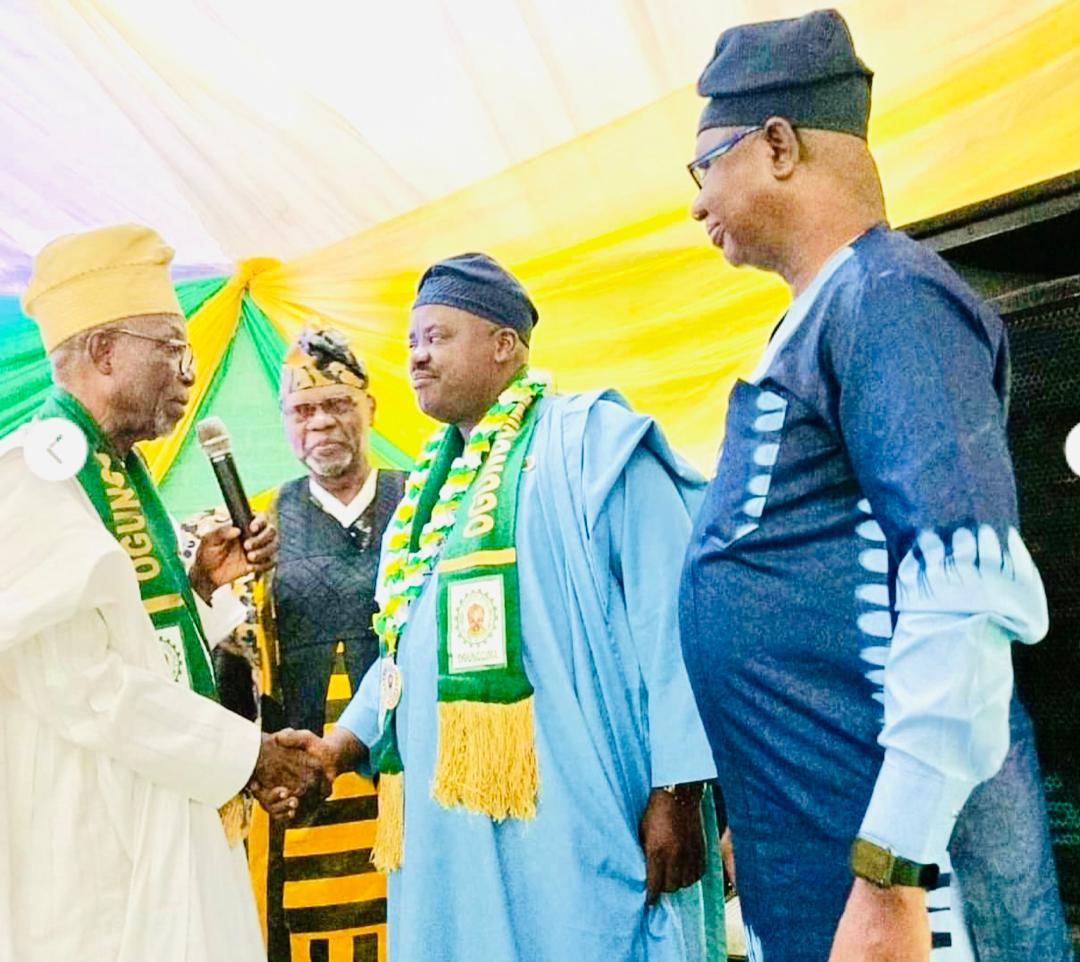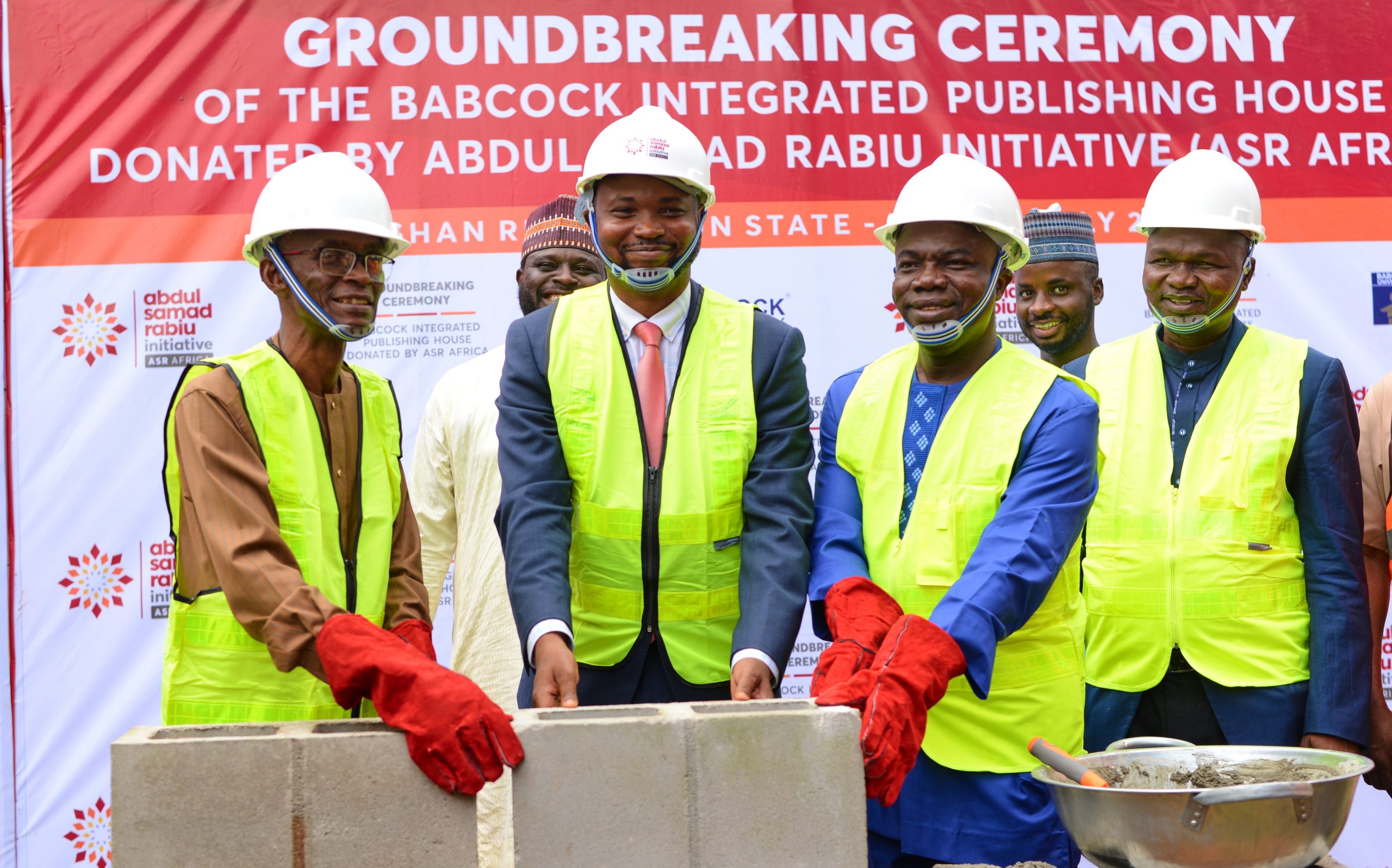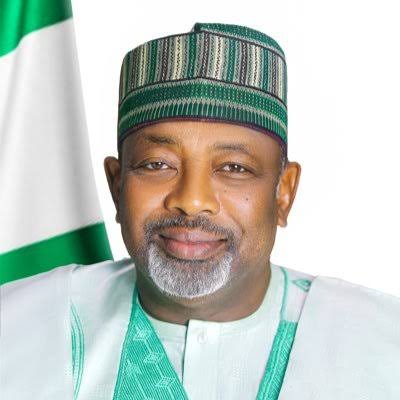
The House of Representatives was again thrown into a rowdy session on Thursday, forcing a hasty adjournment of proceedings.
The cause of the rowdiness was the rejection of a bill seeking to establish a South-East Development Commission.
The bill failed at the session, which was presided over by the Speaker, Mr. Yakubu Dogara, after it had been debated.
A similar bill to establish the North-East Development Commission had since been passed by the National Assembly, awaiting the assent of President Muhammadu Buhari.
However, South-East lawmakers immediately protested the decision on the grounds that the House could have, at least, allowed the bill to pass the second reading for more views to be collated from Nigerians at a public hearing.
Tension had built up in the House since Wednesday when the bill was billed to be moved for second reading.
However, it was stepped down on Wednesday because the lead sponsor and Deputy Minority Leader of the House, Mr. Chukwuka Onyeama, was unavailable in the chambers.
He returned soon after the bill was stood down.
The bill was re-listed for Thursday (yesterday), but again, Onyeama was unavailable just as the bill was to be taken and it had to be stood down a second time in line with the rules of proceedings.
But South-East lawmakers began a loud protest, insisting that the bill must be taken.
In the midst of the rowdiness, Onyeama reappeared in the chambers, just like he did on Wednesday after the bill had been stood down.
Dogara had to bend backwards to approve a motion for the rescission of the earlier ruling stepping down the bill.
The speaker said, “Let me clarify that it was not as if the bill was stopped. The sponsor of the bill was not around and we followed the rules to step it down.
“Now that he is here, we will take it. Nobody will shut out anybody because we don’t have the right to do that.”
Dogara calmed frayed nerves and opened debate on the bill.
Onyeama, while leading the debate, said the South-East geopolitical zone needed the commission to develop collapsed infrastructure and the damage suffered by the zone as a result of the Nigerian Civil War.
“The war led to massive destruction of critical infrastructure in the region, including roads, houses and environmental degradation,” he said.
Onyeama added that the region was worst-hit by erosion and other ecological problems.
The lawmaker stated that the commission would be funded from seven sources.
The first is through “15 per cent” of the total monthly statutory allocations due to member states of the commission from the Federation Account.
The second source, he explained, would be from “three per cent” of the total budget of any oil-producing company operating onshore and offshore in the South-East states, including gas processing companies.
The third source is from “three per cent” of the total annual budget of any solid mineral extracting or mining company operating in the South-East.
The fourth source will come through “50 per cent” of money due to member states of the commission from the Ecological Fund.
Five to seven of the funding sources are ”Such monies as may, from time to time, be granted or lent to or be deposited with the commission by the Federal Government or a state government, any other body or institution, whether local or foreign.
“All monies raised for the purpose of the commission by way of gifts, loans, grants-in-aid, testamentary disposition or otherwise.
“Proceeds from all other assets that may, from time to time, accrue to the commission.”
All South-East members, who spoke, including Mr. Uzoma Nkem-Abonta, Mr. Henry Nwawuba and Mr. Toby Okechukwu, said they gave “100 per cent” backing to the bill.
For instance, Nkem-Abonta argued that he believed the bill was the solution to the renewed agitation for the Republic of Biafra.
“We have to stop the crisis that is building up in the South-East before it turns into something else,” he said.
Members from the South-South, led by the Minority Leader, Mr. Leo Ogor, also supported the bill.
“Every zone deserves a commission because this country needs to be restructured. We cannot continue this way,” Ogor told the House.
Mr. Kehinde Agboola, who spoke for the South-West, said, “History will not forgive us if today we fail to support this bill.”
However, trouble started when all the lawmakers from the North spoke against the bill.
Members from North-West, North-East and North-Central, all opposed the bill.
For example, Mr. Mohammed Sani-Abdu opposed the bill on the grounds that it was a move to “divide Nigeria in piecemeal.”
He observed that coming soon after the government was trying to address the devastation caused by Boko Haram in the North-East, the timing of the bill was wrong.
Sani-Abdu recalled that after the civil war ended in 1970, government made concerted efforts to rebuild the South-East and re-integrate the people into the rest of Nigeria.
He argued that funding of the commission, using “three per cent” of the annual budget of oil companies operating in the South-East was indirect funding by the Federal Government.
Another member from the North, Mr. Karimi Sunday, said some South-East states were already benefiting from the funding of the Niger Delta Development Commission by the oil companies.
“Are we going to ask the same oil companies to fund the South-East Development Commission again?
“Are we saying that every zone should come up with its own development commission?” he asked.
When Dogara put the bill to a voice vote, he ruled in favour of those rejecting the commission. For clarity purpose, he called the votes twice before bringing down his gavel.
But South-East lawmakers began another round of protests as Dogara handed over proceedings to the Deputy Speaker, Mr. Yussuff Lasun, and left the chambers.
Lasun quickly adjourned the House as the rowdiness worsened.
Outside the chambers, South-East lawmakers continued the protest.
Onyeama threatened that he would resign his position as a leader of the House.
“I am a leader in this House; you can’t just kill my bill like that. I will resign,” he fumed.
Another member from Abia State, Mrs. Nkiruka Onyejeocha, said her colleagues were not happy that the bill was rejected.
“At least, they could have passed it for second reading.
“At the committee stage, more work could have been done on it to remove the grey areas,” she said.
One member from Rivers State, Boma Goodhead, joined in the protest, saying the North was not fair to the South-East.
“They are using our oil money to address the issue of Boko Haram. Now, they are against this bill. It is not fair,” she shouted and walked away angrily.
South-East, victim of orchestrated political, economic marginalisation –Ohanaeze
In its reaction, the apex socio-political body of the Igbo, Ohanaeze Ndigbo, said the South-East was the victim of an “orchestrated” political and economic marginalisation.
The Deputy Publicity Secretary of Ohanaeze Ndigbo, Mr. Chuks Ibegbu, who spoke with one of our correspondents on Thursday, said the rejection of the bill was “tragic, unfair and ‘unfortunate.”
Ibegbu said the bill, if passed into law, would have helped to address the longstanding marginalisation of the South-East.
He added that the development highlighted the flaws in the country’s federalism.
“The South-East is the victim of a well orchestrated political and economic marginalisation; these things do not happen by accident, they are planned and the plan is being carried out.
“The development highlights the tragedy of our federalism, a federalism that is filled with injustice, a federalism that emasculates the will of the people.
“At this stage in Nigeria’s history, nobody should be in doubt that the South-East needs federal attention.”
Ibegbu added, “The South-East has five states and 95 local governments but the North-East has seven states and about 200 local government councils. How fair is that?
“As we speak, the Federal Government has deployed national resources to attend to self-inflicted problems the North-East brought on itself through the Boko Haram insurgency. Before now an amnesty programme was initiated for the Niger Delta, and South-East youths, who were supposed to be captured in the programme, were not included.
“It is tragic that the House rejected the bill; it is unfortunate and very unfair on the people of the South-East.”


 Business6 months ago
Business6 months ago
 Business6 months ago
Business6 months ago
 celebrity radar - gossips6 months ago
celebrity radar - gossips6 months ago
 celebrity radar - gossips6 months ago
celebrity radar - gossips6 months ago














You must be logged in to post a comment Login